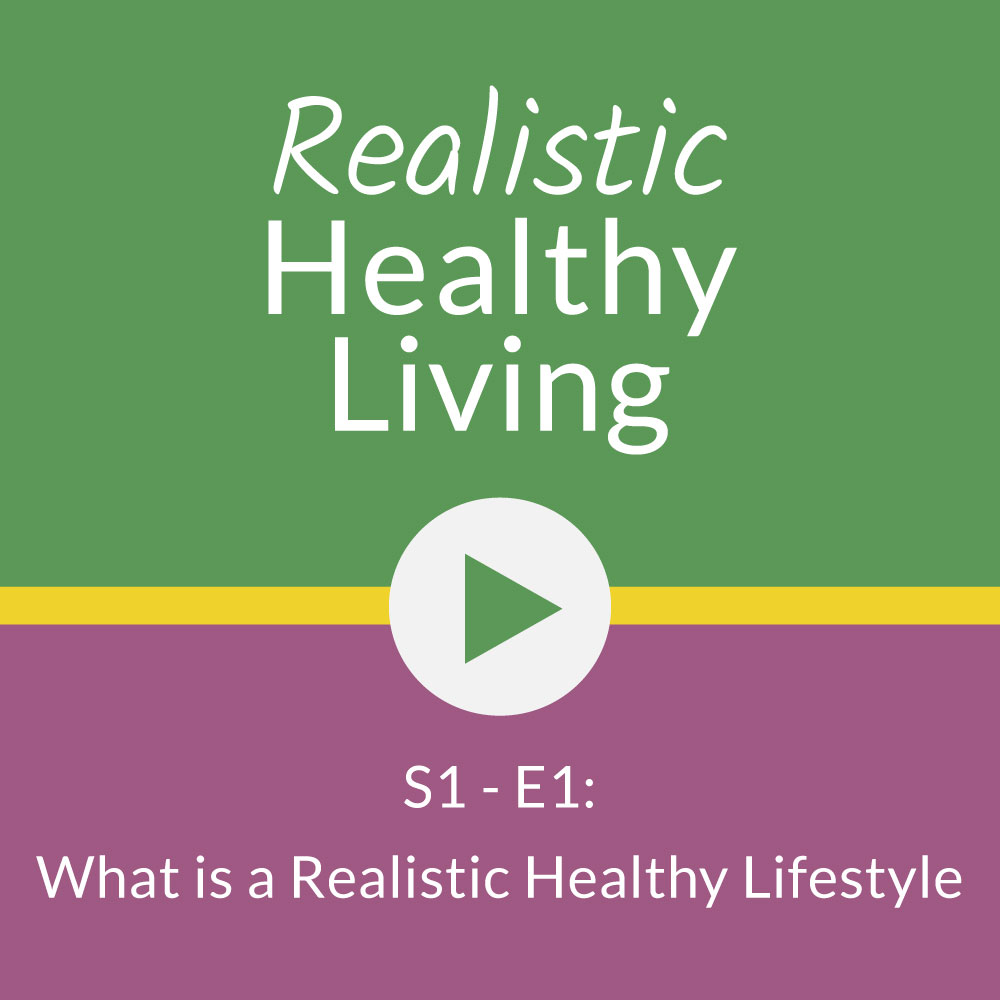You know it – To lose fat, we must be in a caloric deficit.
But that is not what you wanted to hear. What you want to know is how to overcome all the less favourable things that people think come with being in a caloric deficit: Feeling hungry, being miserable, not being able to eat what you love most, doing cardio 7 times a week, feeling alienated from people throughout the process, etc…
In my nutrition consulting business, I see over and over again that those who practice the following two key points, will not only reach their goals but will maintain them too.
I hope that after listening to this short episode, you will feel more empowered to start or continue with your fat loss goal, should you have one.
Articles:




